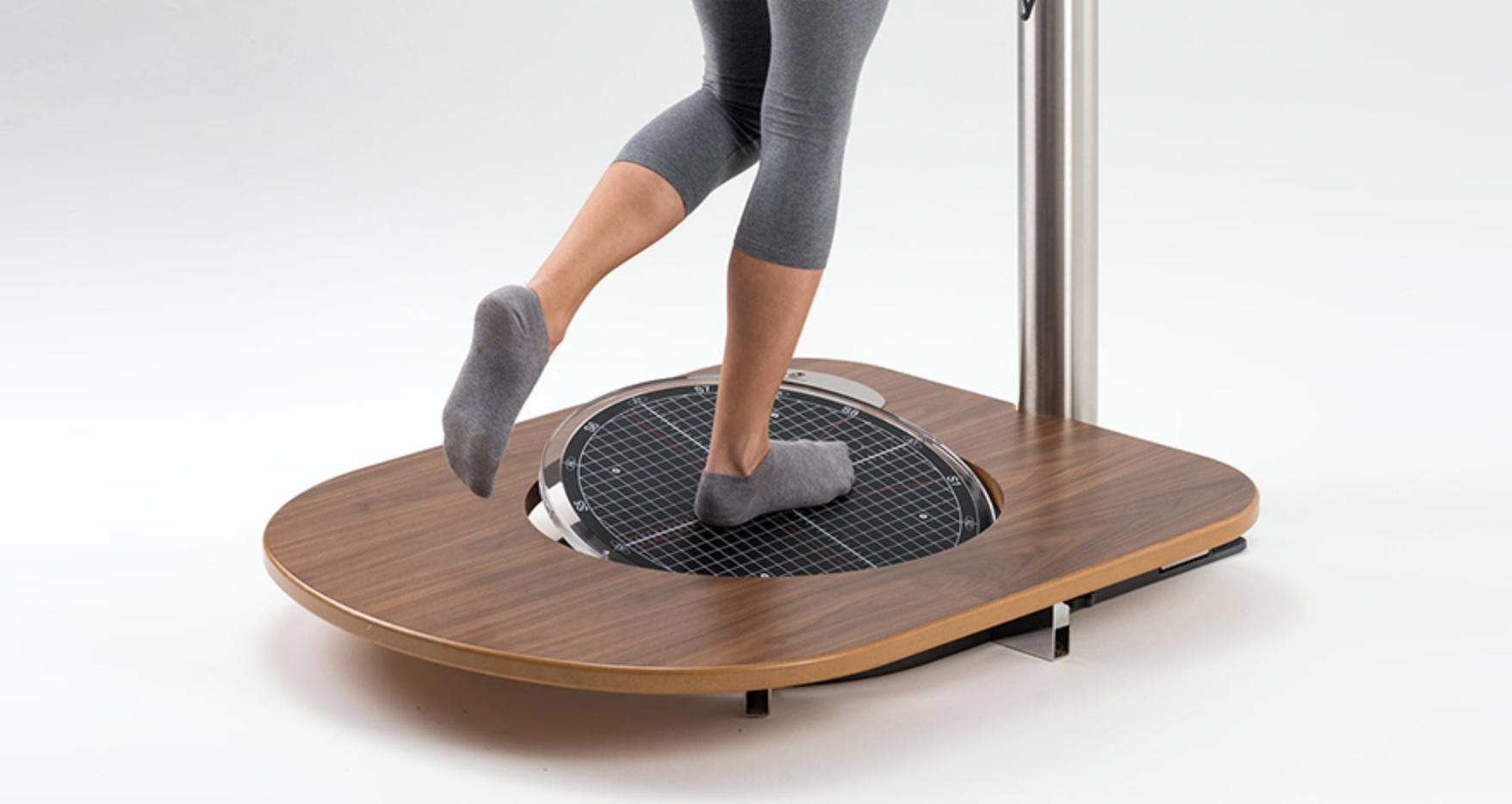Enhancing Dynamic Balance Abilities in Preschoolers through Gymnastics Training: A 12-Week Study
In the realm of early childhood education, where physical development plays a pivotal role, a recent study sheds light on the positive effects of gymnastics training on dynamic balance abilities in preschool-aged children. Conducted by Manolya Akın from Mersin University, this 12-week study aimed to investigate the impact of gymnastics training on the dynamic balance skills of 4-6-year-old preschoolers.
The research involved 136 volunteer participants from "Sevgi" kindergarten, with a careful adherence to ethical standards outlined in the Declaration of Helsinki. All subjects and their parents provided written informed consent before the commencement of the study. The study employed a well-structured experimental design, where the experimental group underwent gymnastics training for one hour, twice a week, over the course of 12 weeks. In contrast, the control group adhered to the regular daily school program. The assessment of physical and strength characteristics, as well as dynamic balance abilities, was a focal point of the study.
Techno-body PROKIN 200W from Italy was used for dynamic balance measurements, encompassing a 30-second disequilibrium test and a slalom test.
Notably, the results revealed a significant improvement in dynamic balance among the gymnastics-trained group, as evidenced by the outcomes of both the slalom and equilibrium tests. Interestingly, gender did not emerge as a significant factor affecting dynamic balance abilities in these young children.
Moreover, the study found that gymnastics training had a substantial positive impact on both dynamic balance and strength parameters. The participants exhibited increased performance in key aspects, demonstrating the effectiveness of the gymnastics intervention.
While dynamic balance skills saw considerable enhancement, the study noted that gender did not play a significant role in influencing these abilities. This finding aligns with existing research on the complex relationship between gender and balance skills.
In conclusion, this study underscores the potential of gymnastics training as a valuable tool for enhancing dynamic balance abilities in preschool-aged children. The findings suggest that introducing structured gymnastics programs in early childhood education could contribute significantly to the comprehensive physical development of young learners. Further research in this domain is encouraged to explore the long-term impact and broader applications of gymnastics training in diverse preschool settings.
Link to the Study: https://www.researchgate.net/publication/274133853_Effect_of_gymnastics_training_on_dynamic_balance_abilities_in_4-6_years_of_age_children
